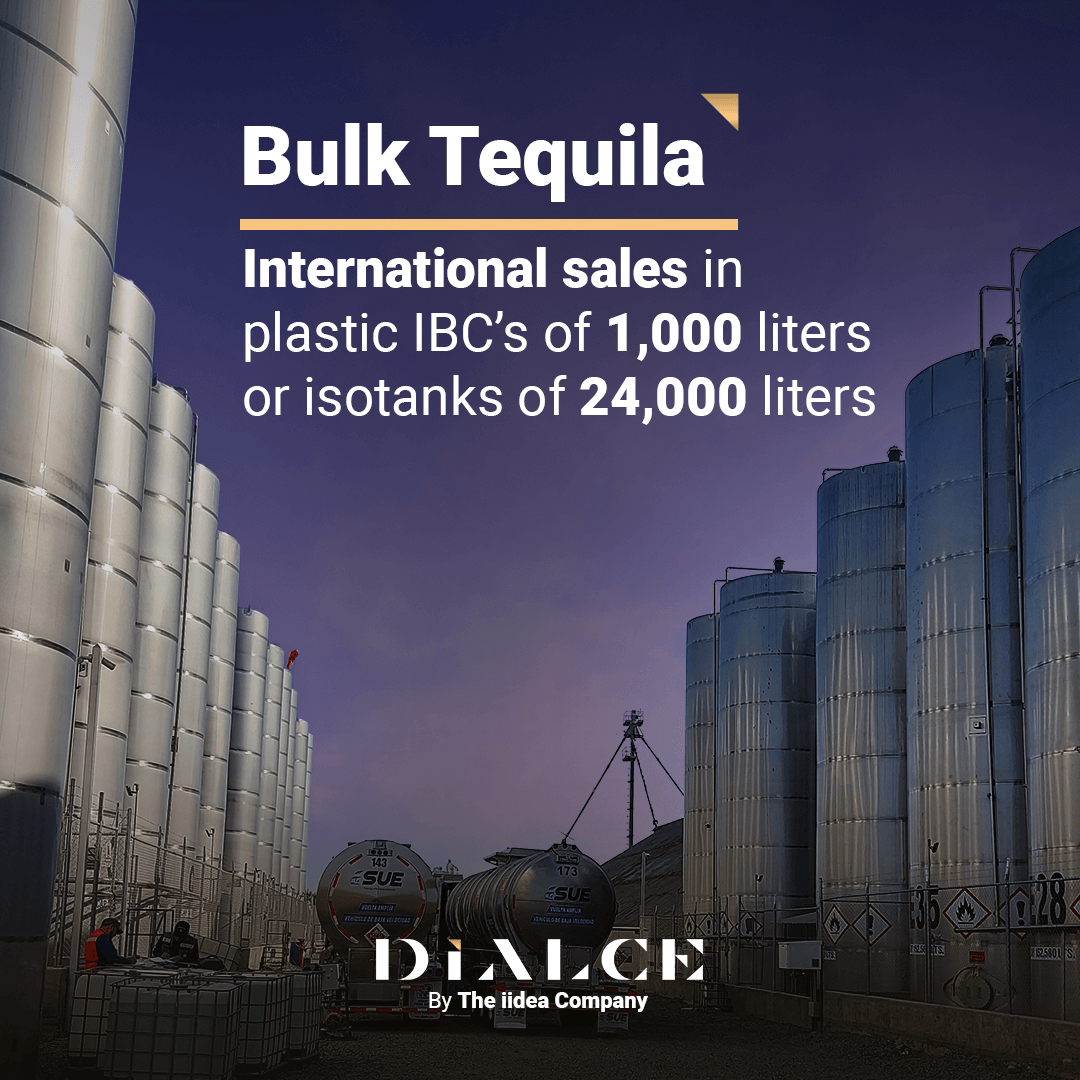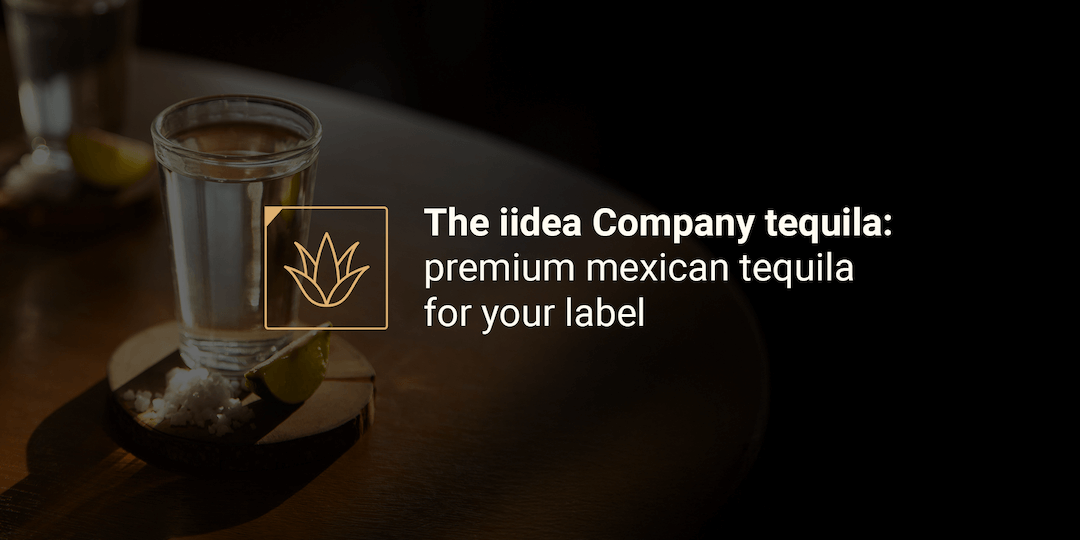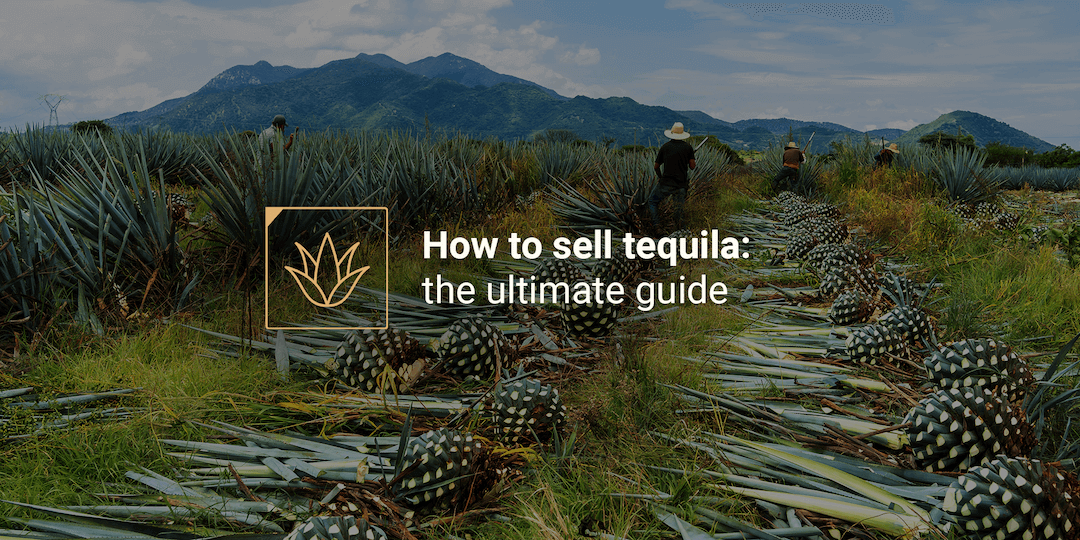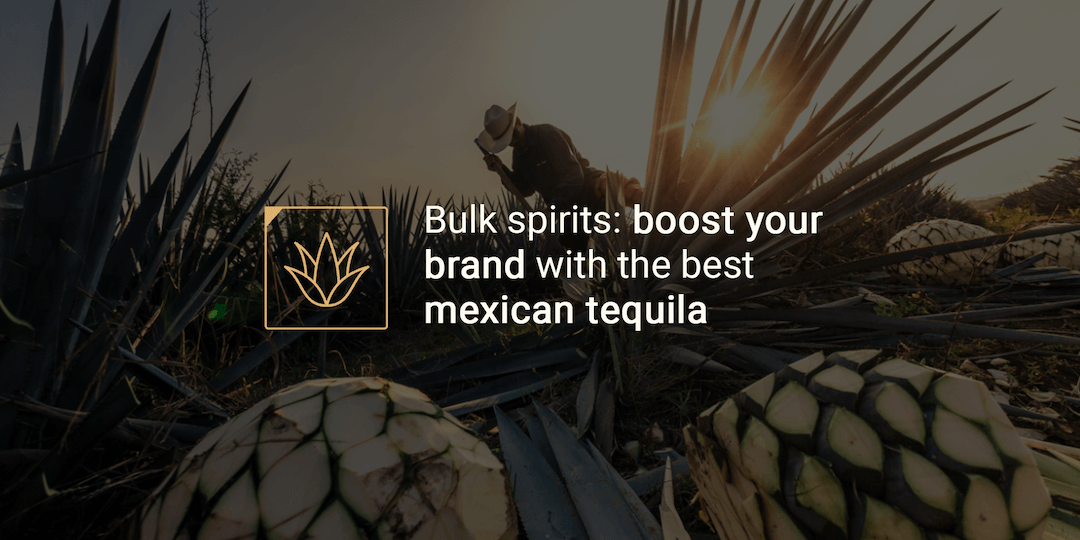How to export liquor from the United States: a comprehensive guide
Venturing into the world of alcohol exportation requires careful planning and a firm grasp of the regulations involved.
From obtaining federal permits to navigating complex labeling requirements, certification requirements, and export documents, the process can seem a bit challenging.
Let's delve into the essential steps, demystify federal regulations, and highlight key considerations for a smooth and compliant export experience.
1. Understanding federal regulations
The first step in this guide is to understand the federal USA landscape.
Here, the Alcohol and Tobacco Tax and Trade Bureau (TTB) plays a central role.
The Alcohol and Tobacco Tax and Trade Bureau (TTB)
The TTB serves as the lead federal agency overseeing the production, distribution, and importation/exportation of alcohol beverages within the USA.
For alcohol exporters, the TTB provides guidance and ensures compliance with federal regulations.
Here are some key aspects of the TTB's role:
- Licensing and permits: The TTB issues various permits crucial for alcohol exportation. One critical permit is the Federal Basic Permit (FBP), which authorizes a company to operate as an importer or exporter of alcohol beverages.
- Label approval: The TTB regulates the labeling of all alcohol products manufactured or imported into the USA. They require exporters to obtain a Certificate of Label Approval (COLA) before exporting their products.
- Taxation and reporting: The TTB oversees the collection of federal excise taxes on alcohol production and importation. Exporters need to understand their tax obligations and comply with reporting requirements.
The Federal Alcohol Administration Act (FAA)
Enacted in 1933, the Federal Alcohol Administration Act (FAA) sets forth the legal framework governing the production, distribution, and importation/exportation of alcohol beverages within the USA.
Here are some key provisions of the FAA relevant to alcohol exports:
- Three-tier system: FAA establishes a three-tier system for alcohol distribution: producers, wholesalers, and retailers. This system applies to exports as well, and exporters need to understand the legal boundaries when working with foreign importers.
- Fair competition: FAA prohibits unfair competition practices in the alcohol industry. This includes ensuring exporters don't engage in discriminatory pricing or other practices that disadvantage U.S. competitors in foreign markets.
- Consumer protection: FAA prioritizes consumer protection. This translates to strict labeling requirements for exported alcohol beverages, ensuring consumers have clear and accurate information about the product.
How to obtain federal permits and comply with labeling requirements
The TTB application process involves submitting various documents, including a business plan, financial statements, and proof of compliance with state and local laws and regulations.
As for labeling requirements, the TTB mandates specific information for exported alcohol products.
This includes:
- Brand name
- Type of alcohol
- Alcohol content by volume (ABV)
- Net contents
- Importer information
- Health warnings.
In specific cases, like tequila, additional considerations come into play.
To ensure your tequila qualifies for export and enjoys the prestige associated with its origin, you'll need to obtain a certificate of origin.
Securing this certificate not only fulfills legal requirements but also strengthens your brand's credibility in the global marketplace.
2. Securing the necessary permits
For alcohol exporters in the USA, the Federal Basic Import Permit (FBIP) serves as the key that unlocks the gateway to exporting your products.
In this section, we will learn the importance of the FBIP, the application process, and the ongoing responsibilities associated with this vital permit.
The importance of the Federal Basic Import Permit
The FBIP, issued by the Alcohol and Tobacco Tax and Trade Bureau (TTB), authorizes your company to engage in the business of exporting alcoholic beverages.
Without this permit, you won't be able to export any alcohol products from the USA.
The FBIP signifies to foreign regulatory bodies and potential business partners that your company operates in accordance with federal regulations and is a legitimate player in the alcohol export market.
How to obtain your FBIP
Securing your FBIP involves navigating a specific application process outlined by the TTB.
Here's a breakdown of the key steps:
- Application forms: the TTB utilizes the “Permits Online” system for electronic submission of applications. You'll need to complete the TTB Form F 5100.24, which gathers detailed information about your company, business operations, and the types of alcohol beverages you intend to export.
- Required documentation: along with the completed application form, you will need to submit supporting documentation such as your business license, proof of good financial standing, and a written consent form allowing the TTB to conduct background checks on your company's officers and directors.
- Application fees: fees are subject to change, so it's best to consult the latest TTB guidance for the most current fee schedule.
- Processing time: the TTB typically takes 4-6 weeks to process your application after receiving all required documents. Submit a complete and accurate application to avoid delays.
Even after securing your FBIP, the journey doesn't end there. As a permit holder, you are responsible for maintaining accurate records and complying with the stipulated conditions associated with your FBIP.
These responsibilities include:
- Recordkeeping: The TTB mandates that holders of FBIPs maintain detailed records of all imported and exported alcohol products.
- Compliance reviews: The TTB conducts periodic reviews of FBIP holders to ensure compliance with federal regulations.
- Permit renewal: FBIPs are valid for three years and require renewal to maintain your export authorization.
While the FBIP is central to alcohol exportation, there may be additional permits necessary depending on your specific circumstances.
Certain states or foreign destination countries might have their own import regulations requiring additional permits.
Remember to research any specific requirements for your target market to ensure a smooth export process.

3. Labeling requirements for exported alcohol
The label on your exported alcohol beverage serves a dual purpose: it acts as a marketing tool for your brand and, more importantly, ensures compliance with U.S. and foreign regulations.
The Certificate of Label Approval (COLA)
The TTB, as the governing body for alcohol labeling in the USA, requires exporters to obtain a Certificate of Label Approval (COLA) before exporting their products.
This certificate signifies that your label complies with all federal regulations for exported alcohol beverages.
The COLA process ensures that consumers in foreign markets receive accurate and clear information about your product, fostering trust and promoting responsible consumption.
COLA application process
- Application forms: submitted through the TTB's “Permits Online” system, you’ll fill in form TTB F 5100.31 with detailed information about your product, brand, and the specific label design you intend to use.
- Label requirements: when developing your label, ensure it adheres to all mandatory information required by the TTB. Including brand name, type of alcohol, alcohol content by volume (ABV), net contents, importer information, and health warnings.
- Fees: the TTB charges a non-refundable fee for processing COLA applications. Consult the latest TTB guidance for the current fee schedule.
Processing times for COLA applications typically range from two to four weeks, depending on the complexity of the label design and potential revisions required.
Understanding the intricacies of alcohol labeling regulations can be challenging, consider working with a qualified labeling expert like Dialce, we can ensure you a smooth and compliant export experience.
4. Customs clearance and duty rates
To guarantee your alcohol shipment enters the target market smoothly, Customs and Border Protection (CBP) is crucial.
Let's explore the role of CBP, the significance of duty rates, and the customs clearance process.
Customs and Border Protection (CBP)
CBP, a division of the U.S. Department of Homeland Security, serves as the federal agency responsible for safeguarding U.S. borders and facilitating legitimate trade.
For alcohol exporters, CBP assures your shipment complies with import regulations and applicable duty requirements before entering its final destination.
The Harmonized Tariff Schedule (HTS)
The Harmonized Tariff Schedule (HTS) is a complex yet crucial system used by CBP to classify imported goods, including alcoholic beverages.
Each product category within the HTS has a corresponding duty rate, which is essentially a tax levied on the imported goods.
Understanding the HTS classification for your specific type of alcohol and the associated duty rate is essential for accurate customs clearance documentation and cost planning.
Customs clearance process
Electronic Export Information (EEI)
Prior to exporting your alcohol, electronically file the Electronic Export Information (EEI) with CBP through the Automated Export System (AES).
This data provides details about your shipment, including product description, quantity, value, and destination country.
Required documentation
When your shipment arrives at the designated port of export, you'll need to present specific documents to CBP for clearance.
These typically include:
- Commercial invoice
- Bill of lading
- Packing list
- Export license (FBIP)
- Certificate of Label Approval (COLA)
- Proof of payment for any applicable duties
Customs bond and customs inspection
Depending on the value of your shipment and your company's history with CBP, you may need to secure a customs bond. This bond guarantees payment of any duties or taxes owed on the imported goods.
In some instances, CBP may select your shipment for physical inspection. This involves CBP officers verifying the contents of your shipment against the accompanying documentation.
Ensure your shipment is securely packed and the documentation is accurate to minimize the likelihood of delays or issues during inspection.

5. Additional considerations for exporters
Select a reliable shipping partner
The success of your alcohol export venture hinges on the performance of your chosen shipping partner.
Here's why selecting a reliable shipping company is crucial:
- Expertise in alcohol shipping: partnering with a shipping company experienced in handling alcohol shipments ensures they understand the specific requirements for temperature control, secure packaging, and documentation.
- Global network and efficiency: look for a shipping partner with a robust global network and established relationships with international customs authorities.
- Competitive rates and transparency: Cost plays a significant role in your export business. Obtain quotes from several shipping companies and compare rates, considering factors like transit times, insurance coverage, and any additional fees.
Ensure proper packaging
The packaging you choose for your exported alcohol beverages plays a dual role: protecting your product during transport and creating a positive first impression upon arrival.
Here are some key considerations:
- Select packaging materials that are strong enough to withstand the rigors of international transport.
- Depending on the product and destination climate, explore options like insulated packaging or temperature-controlled shipping containers.
- Research any such requirements for your target market and ensure your packaging adheres to those regulations.
International taxes
Beyond import duties, some countries levy additional taxes on imported alcoholic beverages.
These taxes can vary depending on the type and alcohol content of your product, as well as the destination country's specific tax structure.
Thorough research is essential to determine the potential excise taxes applicable to your alcohol exports in the target market.
Factor these costs into your overall pricing strategy and ensure you have the necessary funds to cover any applicable excise taxes upon arrival.
Dialce: your trusted partner for streamlined tequila exportation
As a leading producer of bulk tequila and a trusted partner for exporters worldwide, Dialce understands the intricacies and challenges associated with bringing your brand to the global stage.
We offer a comprehensive range of services to streamline your export journey:
- Permit assistance: our team can assist you in obtaining the necessary federal permits, including the crucial Federal Basic Import Permit (FBIP) required for exporting tequila.
- Labeling guidance: complying with U.S. and international labeling regulations is essential. Dialce can provide expert guidance on developing tequila labels that adhere to all legal requirements while effectively showcasing your brand.
- Customs clearance support: we can connect you with experienced customs brokers or provide valuable insights to ensure your shipment seamlessly clears customs and reaches its destination efficiently.
We believe in fostering a collaborative relationship, understanding your specific needs and tailoring our services to achieve your export goals.
Contact us today to schedule a personalized consultation.
Become an expert in the industry:
- The key requirements for tequila exportation
- How to become a liquor importer: your step-by-step guide

Partner with experts and conquer global markets
In this article, we equipped you with the essential knowledge to navigate the federal regulations, secure the necessary permits, and ensure your labels meet U.S. and international standards.
The complexities of customs clearance and international taxes may seem daunting, but if you partner with Dialce, the process will be easier.
Let us guide you through every single step of the exporting procedure and minimize potential challenges on your journey.
We are confident that with the knowledge gleaned from this guide and our partnership, you will have the tools and support needed to successfully export your tequila brand from USA and captivate audiences worldwide.
Let's turn your vision of global brand recognition into a reality.








